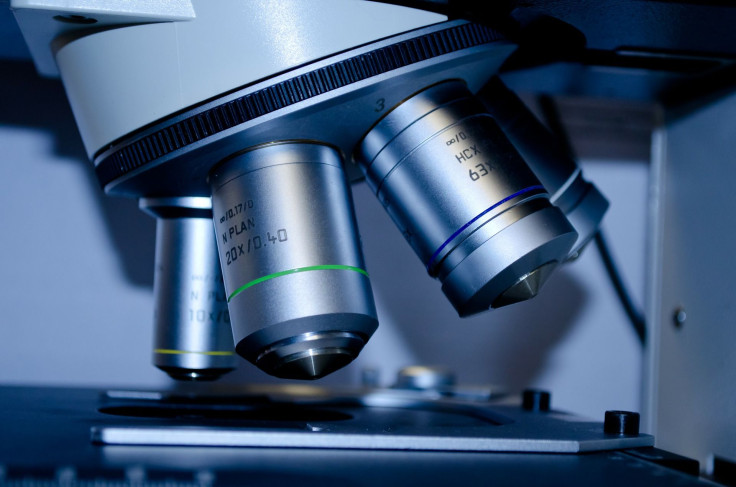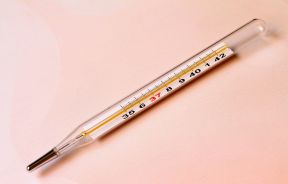Certain Proteins May Indicate Bipolar Disorder; Discovery May Help Psychiatrists Diagnose Mood Disorders

Bipolar disorder can manifest itself in a multitude of ways and be brought to the attention of medical professionals because of several different symptoms. For these reasons, bipolar disorder is often in danger of being misdiagnosed, most commonly as depression. Researchers could be one step closer to finding a biological way to diagnose bipolar disorder, though, since new findings on the topic have appeared in Translational Psychiatry.
A team from the Mayo Clinic has discovered a series of proteins that could be diagnostic markers for bipolar I disorder, and if discovery of the series can be validated through replication, the markers could help psychiatrists in diagnosing mood disorders.
“The potential of having a biological test to help accurately diagnose bipolar disorder would make a huge difference to medical practice,” said Dr. Mark Frye, head of psychiatry and psychology at Mayo Clinic and first author of the study, in a statement. “It would help clinicians to choose the most appropriate treatment for hard-to-diagnose individuals.”
Psychiatrists currently have to rely on observed symptoms and assessments of patients based on interviews to make diagnoses. The lack of a biological marker for mood disorders is a stark contrast to other medical conditions like cancer, or a heart attack, which can be diagnosed comparatively confidently. Differentiating between mood disorders is critical, since treatments and medication for one patient can be unsuitable or even dangerous for patients with other mood disorders.
The new study analyzed 272 different proteins from 288 patient blood samples. Of the participants, 46 had been diagnosed with bipolar I (history of mania) depression, 49 with bipolar II (history of hypomania) depression, and 52 with unipolar depression. They were compared to a control group of 141 individuals without mood disorders. The researchers found that 73 proteins differed among the groups studied, but the results showed a significant difference for six proteins in individuals with bipolar depression I vs. controls.
The team called this “one of the first studies to assess the feasibility of high throughput multiplexed immunoassay technology (272 proteins) trying to distinguish mood disorders.”
They stressed the fact that the research must be replicated using a larger sample, and a follow up should determine how representative the six proteins are of those with uniquely bipolar I.
Source: Frye M, Nassan M, Jenkins G, Kung S, Veldic M, Palmer B, et al. Feasibility of investigating differential proteomic expression in depression: implications for biomarker development in mood disorders. Translational Psychiatry. 2015.
Published by Medicaldaily.com



























